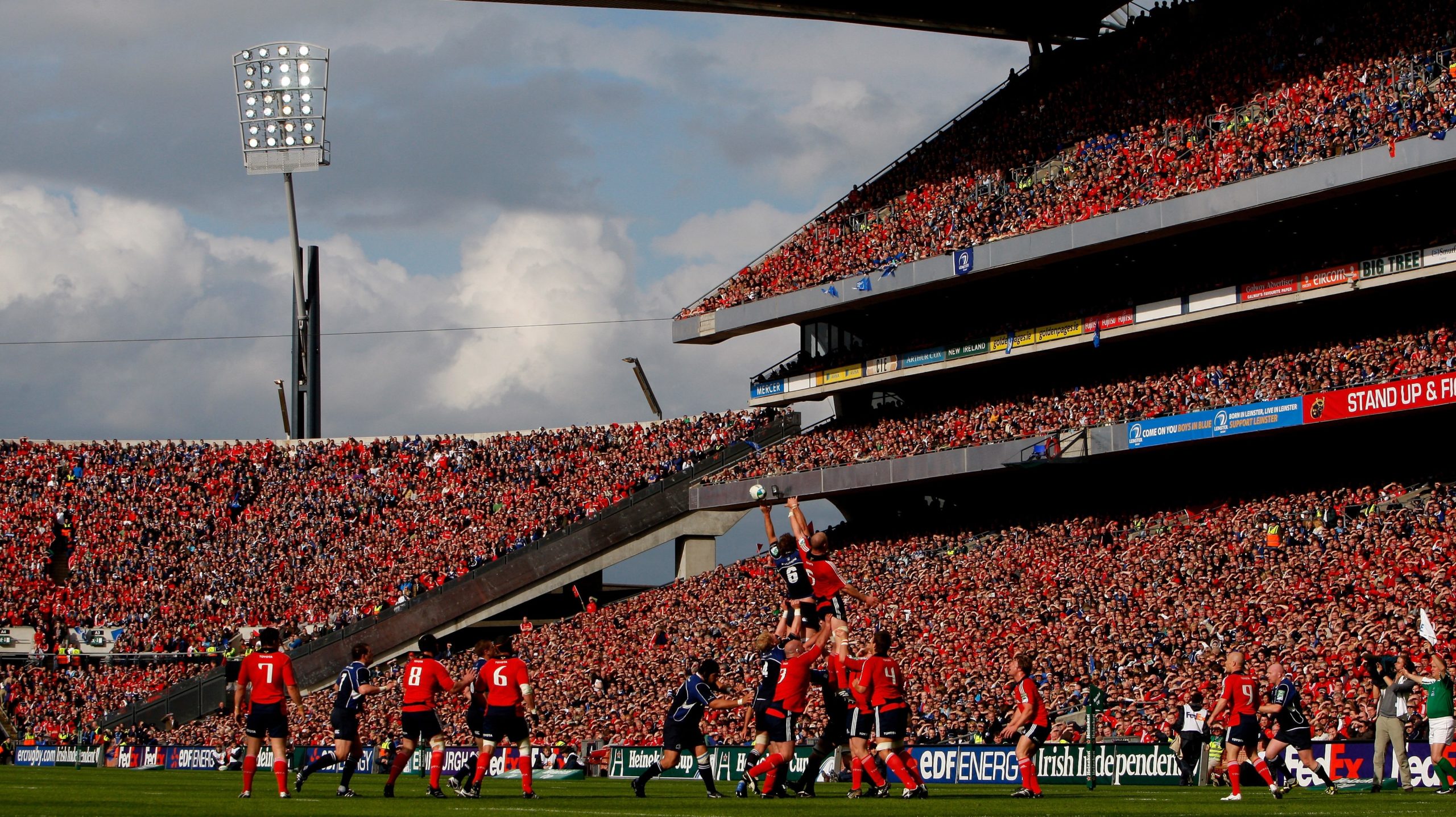
They say history doesn’t repeat itself but it does rhyme. 15 years since Leinster dominated Munster in front of a world record crowd at Croke Park, Dublin prepares to play host to another titanic clash.
The stage is set for Leinster to take one step closer to yet another Champions Cup final after finally conquering recent tormenters La Rochelle in the last round. Northampton stand in their way, knowing a victory would surely rank among the finest-ever victories for an English side in European competition. Against such overwhelming odds, hope comes from strange places. In this case, it should come from Leinster themselves.
Few can rewrite history quite as successfully as sports fans. After years of Leinster dominance, it is easy to forget that the Dublin side went into that 2009 semi-final in precisely the same position Northampton find themselves in now: underdogs. It was meant to be Munster’s day. It was meant to be Munster’s season. The tournament favourites had already dominated an excellent Ospreys team in the quarter-final and were on their way to a third European title in four years. When 82,000 fans took their seats, many assumed they had come to watch a procession. The only issue was that Leinster had arrived for a match.
Munster fans were left to lick their wounds and watch on as their rivals took their place in the final and brought home a maiden European Cup. The prevailing wisdom suggested that game was an aberration. Munster would soon reassert themselves as Ireland’s dominant side. It didn’t pan out that way. Leinster have been in seven of the fifteen finals since that victory, winning four. Munster have been in none. The two sides have faced one another 36 times since O’Driscoll intercepted Ronan O’Gara’s pass seal the win. Munster have only won nine. The pendulum swung in Leinster’s favour and has shown no sign of swinging back.
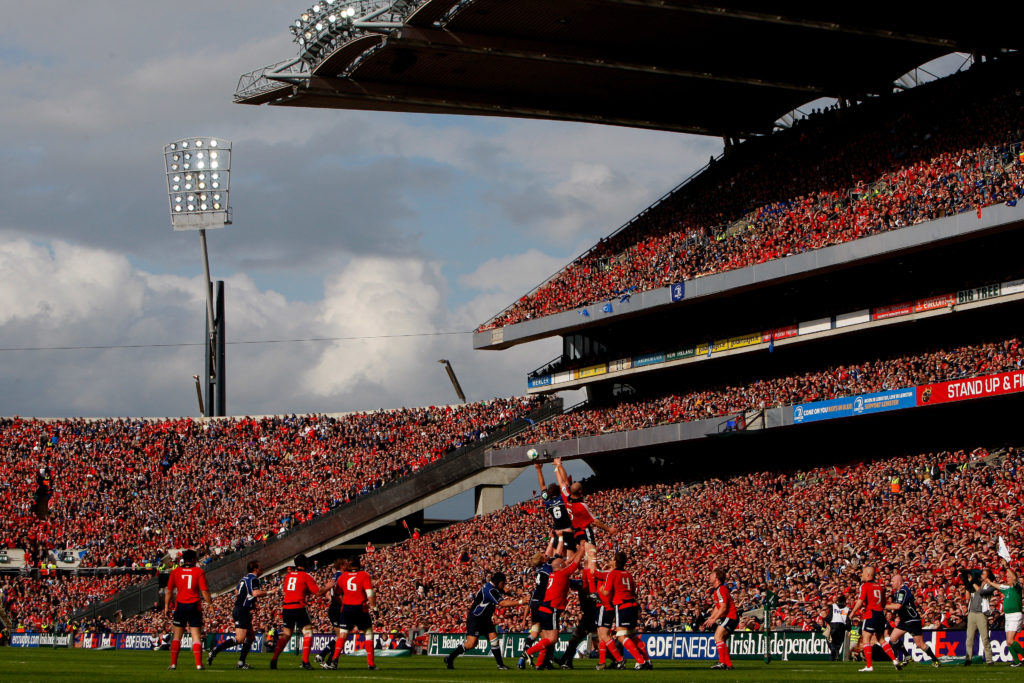
That match marked the day Leinster transformed from perennial underachievers into the most consistently elite side in European rugby. They became a winning machine and a production line of international talent. For a few years, it seemed they had forgotten how to lose. Northampton were almost able to teach them in the 2011 final when they led 22-6 at half-time. Were it not for an all-time great performance from Johnny Sexton, Leinster would have one fewer star on their jersey. Sexton is gone, but some familiar faces remain.
Courtney Lawes and Alex Waller are the only survivors from that matchday squad that stand a chance of featuring in Dublin on Saturday. Phil Dowson will be on hand in his role as director of rugby having laced up his boots 13 years ago. If Northampton are to finally banish the memories of that night in Cardiff, they will need to rely on their younger crop of players, most of whom probably don’t remember it at all.
Leinster’s victory in 2009 didn’t just shift the balance of power amongst Ireland’s regions, it also announced the arrival of the man that would dominate Irish rugby for more than a decade. Sexton starred as an early replacement that day and won his first Ireland cap just months later. Fin Smith will get to influence the game from the start on Saturday and already has three England caps to his name. Saturday’s game could see him announce himself as Europe’s next genuinely world-class fly-half.
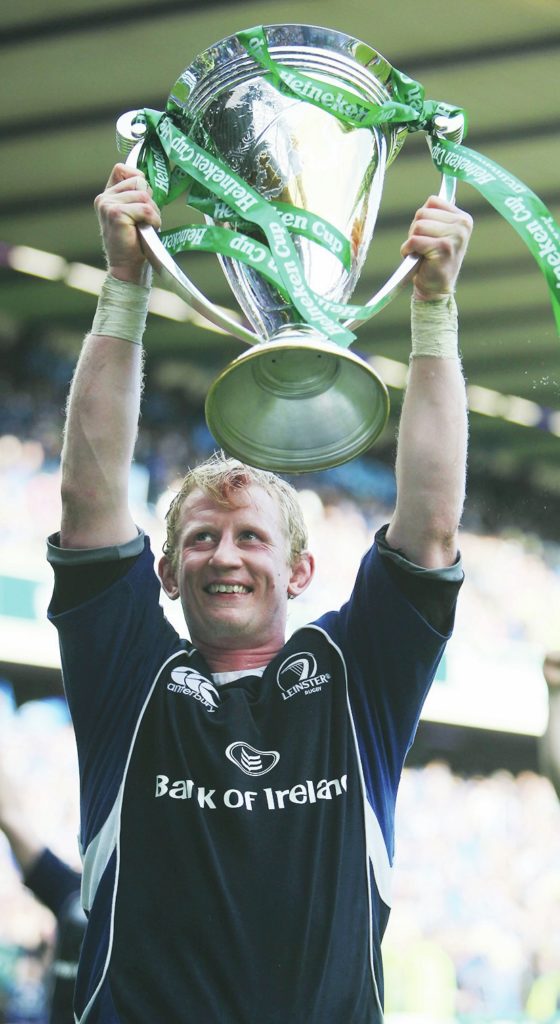
Sexton never truly carried Leinster or Ireland singlehandedly in the manner some tend to remember. Sean O’Brien and Cian Healy both featured against Munster that day before winning their first Ireland caps later in the year while Jamie Heaslip and Luke Fitzgerald’s international careers were still in their infancy. Northampton’s Tommy Freeman, Alex Mitchell, Curtis Langdon, and George Furbank could do a lot worse than to imitate the team they are looking to beat.
It has taken Northampton 13 years to get this close to another final. Many of their younger players might feel that this will be the first of many such opportunities but they must push those thoughts as far away as possible. These chances might never present themselves again. Just ask Munster.
Leinster will rightly begin as strong favourites, just as their interprovincial rivals did all those years ago. Victory for them offers another shot at a fifth title and the right to claim they are the greatest club in the competition’s history. For Northampton, history is set in stone but the future is there to be claimed. The pendulum is ready to swing.
Written by Joe Santamaria
For exclusive stories and all the detailed rugby news you need, subscribe to The Rugby Paper website, digital edition, or newspaper from as little as 14p a day.

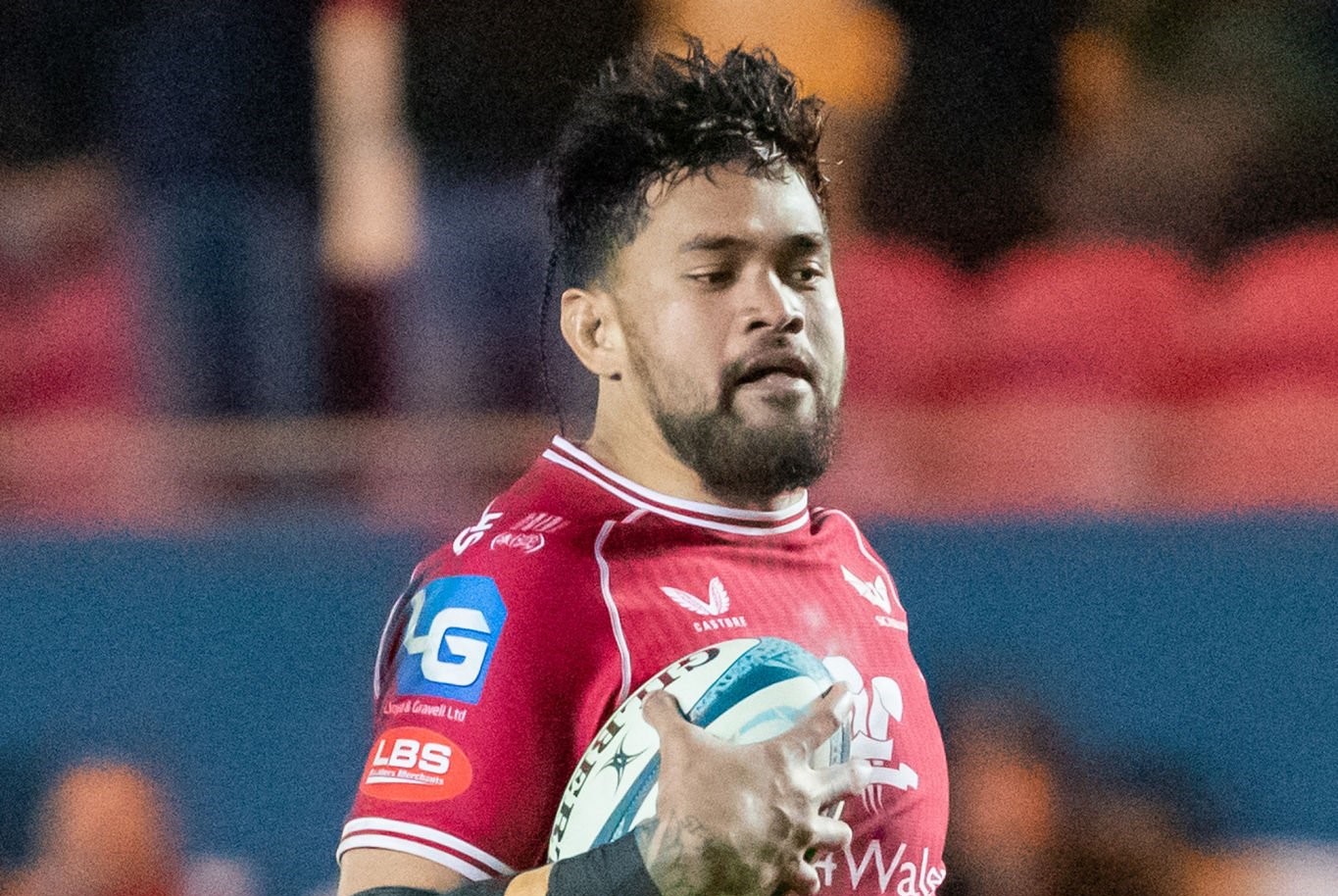
United Rugby Championship
Vaea Fifita’s commanding presence has Scarlets pushing for URC play-off spot
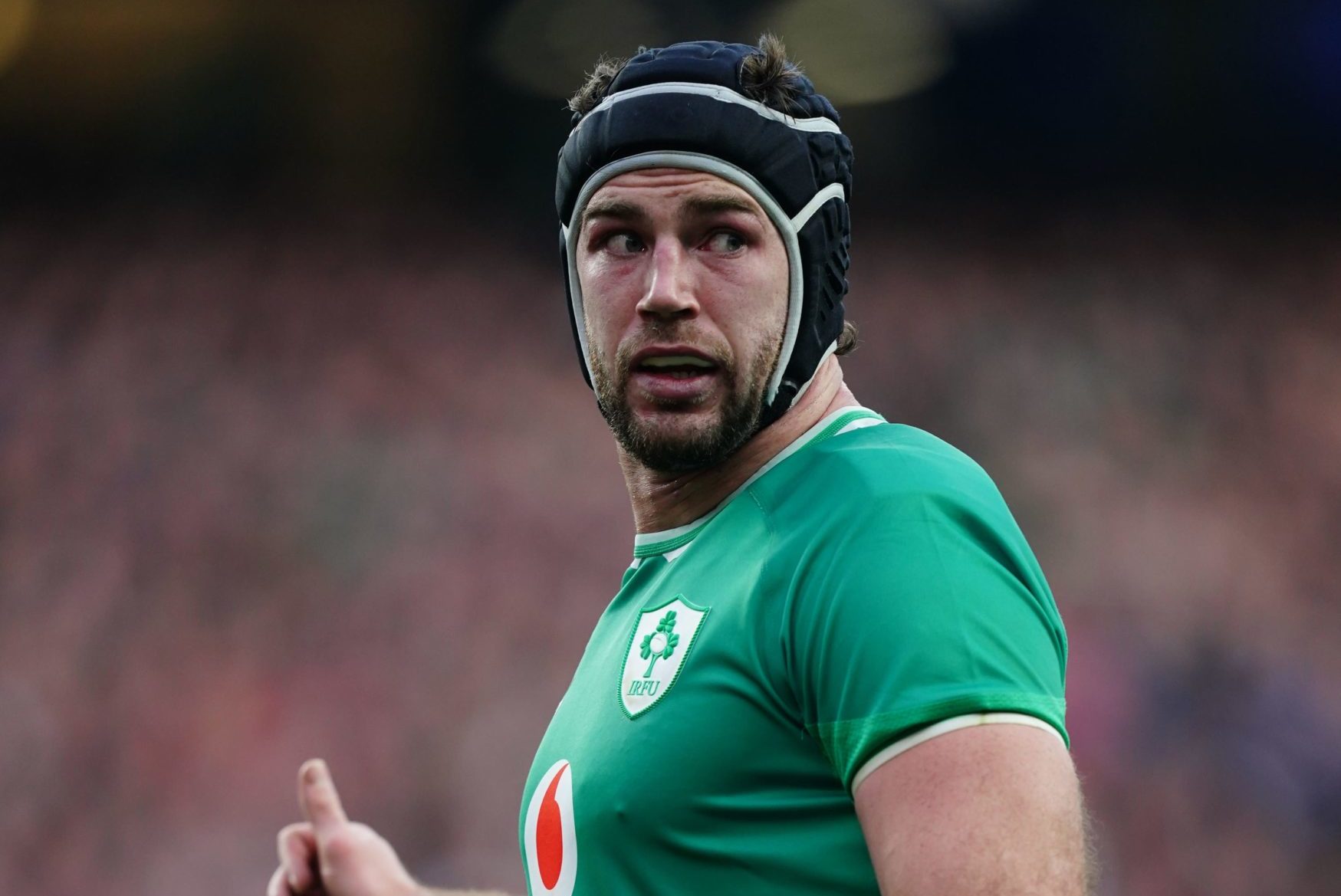
British and Irish Lions
British and Irish Lions Watch: Caelan Doris confirmed to miss the tour with injury

















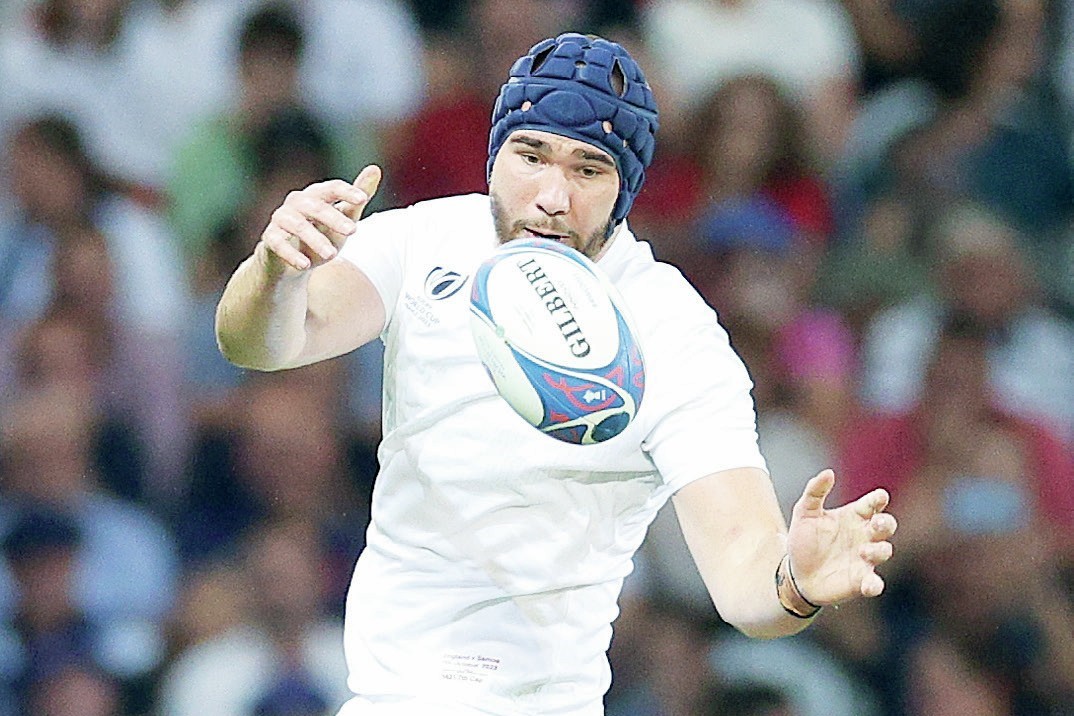



You must be logged in to post a comment Login